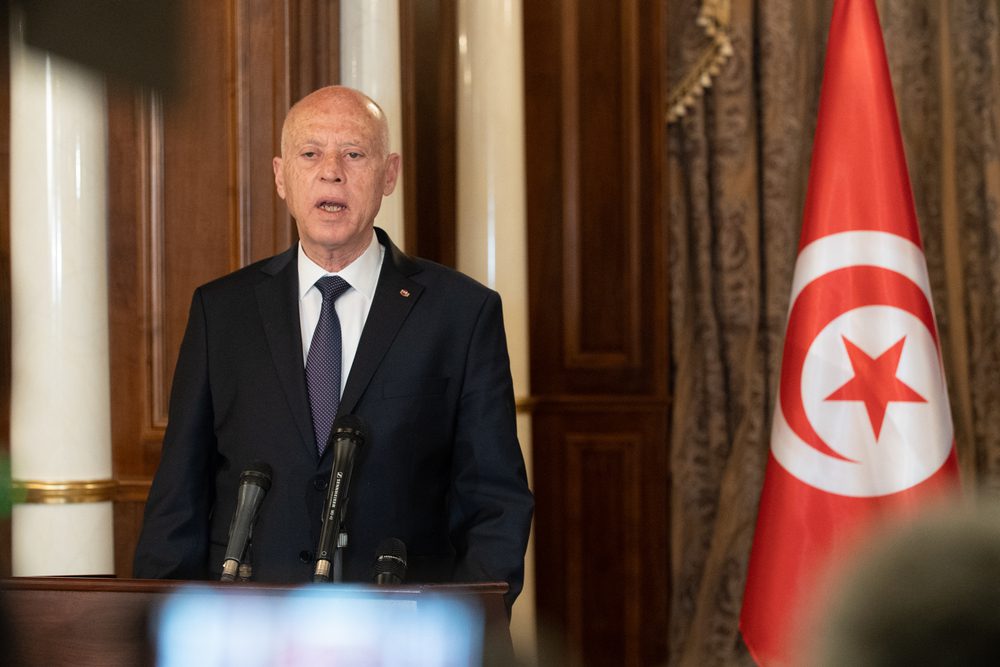
Islam’s influence is becoming stronger in European countries. While in many areas, there are demands for more recognition of the Muslim religion in Western societies, Tunisia, a country with a predominantly Muslim population, is considering removing the reference to Islam as the state religion from its Constitution.
The news was confirmed on Tuesday, June 21st, by President Kais Saied. The mention of “state religion” to characterise Islam would be replaced by “religion of the nation.” The measure is expected to be put to a referendum on July 25th—a highly symbolic date, as it is the anniversary of President Saied’s 2021 power grab. Saied was democratically elected in October 2019, but then assumed full power on July 25th 2021. The Tunisian opposition accuses Saied of carving out a tailor-made Constitution to consolidate his personal power.
Until now, the first article of the current Constitution, adopted in 2014, states that Tunisia “is a free, independent, and sovereign state. Islam is its religion, Arabic its language, and the Republic its regime.” Although the change seems slight, the shift in terms foreseen by the reform, from “state religion” to “religion of the nation,” is significant, as a brief glance at France’s history reveals. France experienced such a semantic shift several times, with political consequences. For example, at the time of Napoleon Bonaparte’s Concordat, Catholicism was referred to as the religion of the “majority of French people.” With the Restoration of the Bourbons to the French throne in 1814, Catholicism was changed to the “state religion,” before it became the religion of the “majority of the French” again after the 1830 Revolution and the advent of the July Monarchy. Tunisia, a former French protectorate, is aware of these changes in vocabulary, and how they reflect fundamental political choices.
For President Saied, who initiated the reform, the objective was twofold. First, it was meant to include all other religions in Tunisian society; second, it was intended to combat the Islamist-inspired party Ennahdha (Renaissance). Notwithstanding these goals, by making this choice, Saied is drawing for his country the outlines of the beginning of secularism, unusual in Islamic lands where temporal power and spiritual power tend to merge. He explained this to the Tunisian press:
In the next constitution of Tunisia, we will not speak of a state whose religion is Islam, but [of the membership of this North African country] in an Ummah [community] whose religion is Islam. The Ummah and the state are two different things.
This is an important distinction, reminiscent of the Reddite quae sunt Caesaris Caesari (Render unto Caesar what is Caesar’s) of the Christian nations. In its preamble, the 2014 Tunisian Constitution referred to “the cultural and civilisational belonging [of the Tunisian people] to the Arab and Islamic Ummah” and its “Arab and Islamic identity.”
A first draft had even considered removing any reference to Islam from the Constitution. In the end, President Said did not go that far. His approach is, however, unprecedented in an Arab country.
